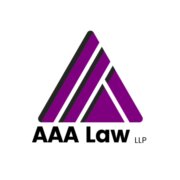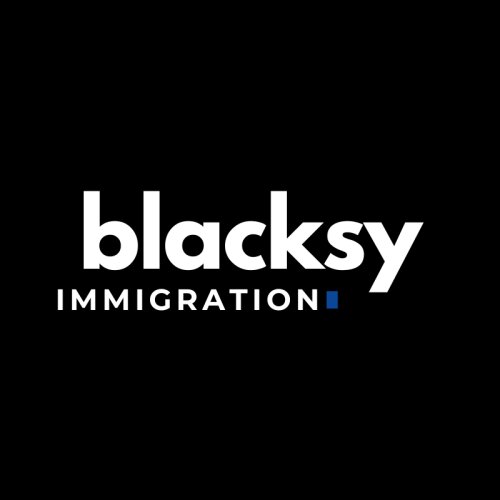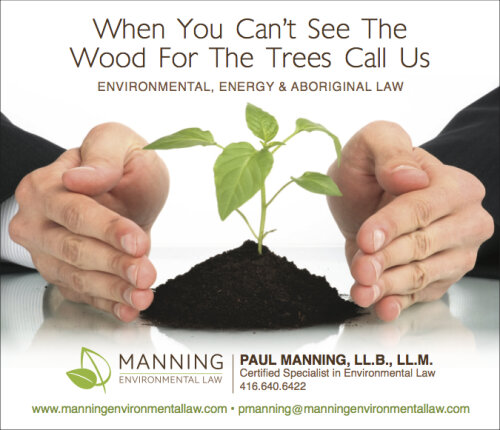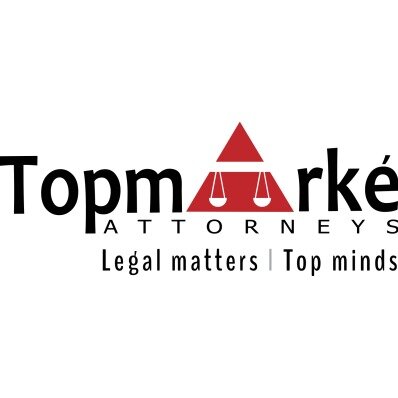Best Sanctions & Export Controls Lawyers in Toronto
Share your needs with us, get contacted by law firms.
Free. Takes 2 min.
List of the best lawyers in Toronto, Canada
Canada Sanctions & Export Controls Legal Articles
Browse our 2 legal articles about Sanctions & Export Controls in Canada written by expert lawyers.
- How Foreign Subsidiaries in Canada Can Meet 2026 Export Laws
- How Foreign Subsidiaries in Canada Can Comply With 2026 Export Controls Key Takeaways Navigating the 2026 updates to Canadian trade regulations requires foreign subsidiaries to localize their compliance protocols rather than relying entirely on global corporate frameworks. The revised regulatory environment enforces strict localized auditing and screening measures. Distinct Legal... Read more →
- Sanctions Compliance for Canadian Businesses - Trade Risks
- Canadian businesses are subject to strict liability under the Special Economic Measures Act (SEMA) and the Justice for Victims of Corrupt Foreign Officials Act (FAC), meaning intent is often irrelevant to a finding of a violation. All Canadian citizens and businesses, regardless of where they operate in the world, must... Read more →
About Sanctions & Export Controls Law in Toronto, Canada
Sanctions and export controls are areas of law that govern the movement of goods, technology, services, and funds across borders. In Toronto and across Canada, these laws exist to maintain national security, meet international obligations, and support foreign policy objectives. Companies and individuals involved in international trade, supply chain management, or financial transactions must ensure their operations comply with Canadian sanctions and export controls, as violations can lead to severe legal and financial consequences.
Why You May Need a Lawyer
Legal issues involving sanctions and export controls can arise in numerous scenarios. You might need a lawyer if you are:
- Exporting or importing certain goods or technologies that may be restricted or controlled
- Conducting business with countries, individuals, or entities listed on Canadian sanctions lists
- Facing regulatory scrutiny or an investigation for alleged violations of sanction or export control laws
- Seeking guidance on compliance programs for your business
- Needing to report or voluntarily disclose a potential violation to authorities
- Managing international contracts where export compliance is critical
- Unsure about due diligence obligations before engaging in cross-border transactions
Legal professionals in this field help clients interpret complex regulations, file necessary documentation, respond to government inquiries, and develop strategies to mitigate risk.
Local Laws Overview
In Toronto, sanctions and export controls are primarily regulated at the federal level, but local compliance is essential. The key statutes include the Special Economic Measures Act, United Nations Act, and Export and Import Permits Act. These laws can restrict or prohibit trade with certain countries, entities, or individuals, ban the supply of specific goods or technologies, and enforce reporting or licensing requirements. Toronto-based businesses must adhere to these federal regulations and stay vigilant for updates, as government lists and requirements change frequently. Provincial and municipal regulators may also have rules that intersect with federal law, particularly on the movement of controlled goods in and out of Ontario.
Frequently Asked Questions
What are economic sanctions?
Economic sanctions are legal measures that restrict trade, financial transactions, or other interactions with specific countries, entities, or individuals. They are imposed to support foreign policy objectives or international obligations.
Who enforces sanctions and export controls in Canada?
Enforcement is mainly handled by Global Affairs Canada, the Canada Border Services Agency, and the Royal Canadian Mounted Police. Other agencies may become involved depending on the circumstances.
How do I know if my goods or services are controlled?
You must check the Export Control List, Area Control List, and relevant regulations to see if your goods, technology, or services fall within the scope of controls. A lawyer or compliance professional can help with this assessment.
What happens if I violate sanctions or export controls?
Violations can result in significant penalties, including fines, jail time, and reputational damage. Authorities may seize goods, freeze assets, or even ban further business activities.
Are there exceptions or licenses available?
Yes, in some cases, you can apply for permits or licenses to export controlled goods or to transact with sanctioned parties. Each application is reviewed on a case-by-case basis.
What are my due diligence requirements?
You are required to demonstrate reasonable efforts to ensure you are not dealing with sanctioned entities or exporting controlled goods without authorization. Due diligence may include screening, documentation, and staff training.
Do sanctions and export controls only apply to businesses?
No, individuals can also be subject to these laws. For example, travelers carrying restricted items or funds, or those sending goods overseas, may be subject to controls.
Can sanctions apply to services and technology transfers?
Yes, Canadian law can apply to intangible exports such as providing services, software, or sharing technical information overseas, including via email or cloud storage.
How often do sanctions or controls change?
Sanctions and export control lists are frequently updated to reflect changes in international relations and security concerns. Regular checks are necessary to ensure ongoing compliance.
Where can I find up-to-date information on current sanctions?
Up-to-date information is published by Global Affairs Canada and often summarized by law firms and industry associations. Consulting these sources regularly is essential for compliance.
Additional Resources
- Global Affairs Canada - Responsible for implementing and advising on sanctions and export controls
- Canada Border Services Agency (CBSA) - Enforces customs regulations at borders
- Canadian Association of Importers and Exporters - Provides education and support for cross-border trade compliance
- Toronto Board of Trade - Offers networking and resource-sharing for local businesses engaged in export activity
- Canadian Chamber of Commerce - Provides guidance and updates on trade regulations
- Legal Aid Ontario - May offer resources if you require legal assistance and meet eligibility requirements
Next Steps
If you believe your business or personal activities may be subject to sanctions or export controls, or if you have received a compliance inquiry from authorities, it is important to act promptly. Consider the following steps:
- Document any relevant transactions or communications
- Review the specific goods, technology, or countries involved for potential controls
- Contact a lawyer or compliance specialist who understands both Canadian and international regulations
- Implement or update your organization's compliance program to reduce future risk
- Monitor resources from governmental bodies and industry associations for any regulatory changes
Proactive compliance and early legal advice can help you avoid penalties and ensure the smooth operation of your international business dealings from Toronto, Canada.
Lawzana helps you find the best lawyers and law firms in Toronto through a curated and pre-screened list of qualified legal professionals. Our platform offers rankings and detailed profiles of attorneys and law firms, allowing you to compare based on practice areas, including Sanctions & Export Controls, experience, and client feedback.
Each profile includes a description of the firm's areas of practice, client reviews, team members and partners, year of establishment, spoken languages, office locations, contact information, social media presence, and any published articles or resources. Most firms on our platform speak English and are experienced in both local and international legal matters.
Get a quote from top-rated law firms in Toronto, Canada — quickly, securely, and without unnecessary hassle.
Disclaimer:
The information provided on this page is for general informational purposes only and does not constitute legal advice. While we strive to ensure the accuracy and relevance of the content, legal information may change over time, and interpretations of the law can vary. You should always consult with a qualified legal professional for advice specific to your situation.
We disclaim all liability for actions taken or not taken based on the content of this page. If you believe any information is incorrect or outdated, please contact us, and we will review and update it where appropriate.

















